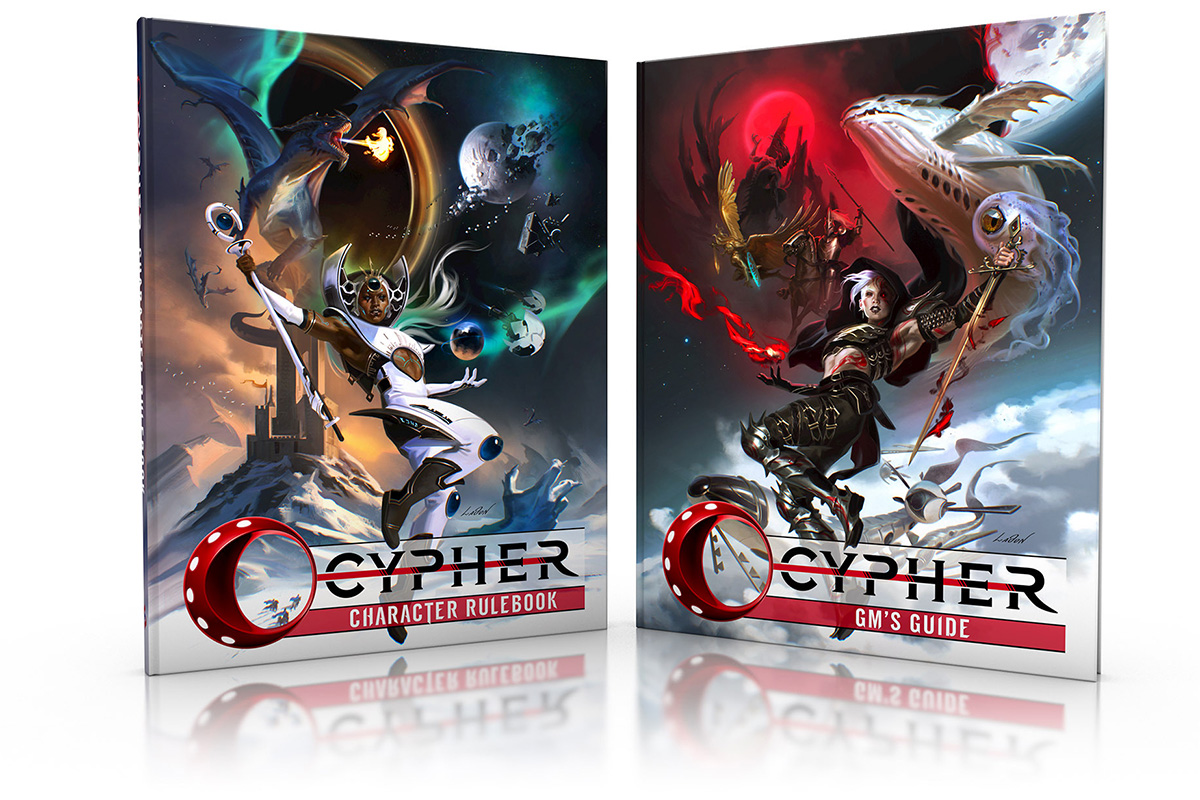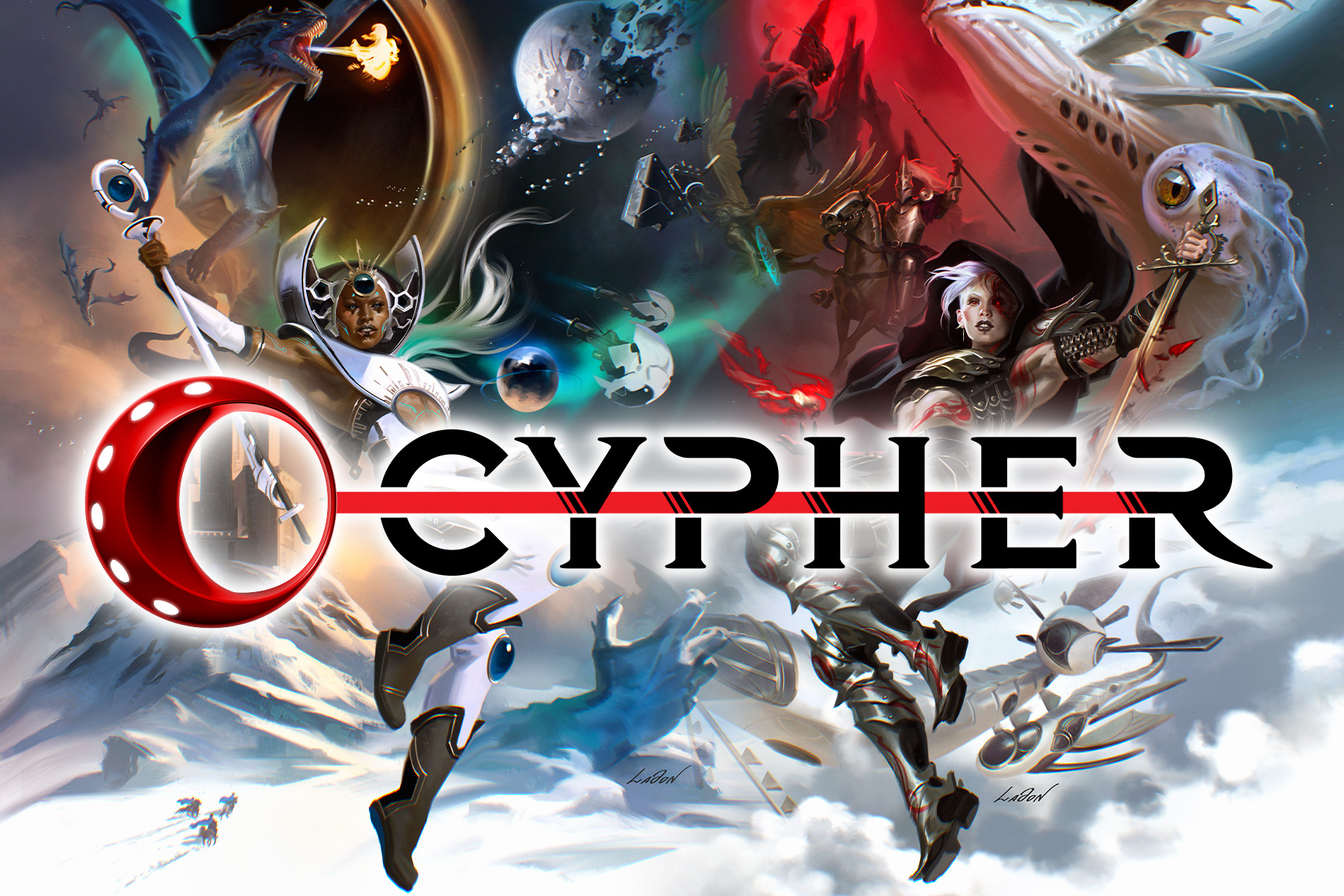Cypher is still the best narrative game out there. Many newer narrative games become overly "cute" with their mechanics, introducing unnecessary complexity. Daggerheart's "hope and fear" dice are far too granular, happening on every action, which makes the system tiring and overdone. I am not interested in coming up with a "dramatic flourish" for every dagger strike! It is too much. I don't care, nor do I wish to spend the mental energy coming up with hundreds of little good and bad things that happen - especially when they really won't matter in a larger narrative sweep.
The Genesys RPG had the same problem. This was an excellent system that utilized a variety of special dice, producing cool results. Still, it completely fell apart in blow-to-blow combat because the dice had to be reinterpreted with every blow. This worked great for "macro actions" like one roll of the dice to "sneak across town without the guards noticing you," but was terrible in turn-to-turn combat. We wished combat could be handled in one roll, and we could move on with the narrative, as this constant, turn-to-turn reinterpretation got tiring.
Game designers get far too clever for their own good.
Daggerheart remains a good game, boasting beautiful production values and a solid card-based system. It is a highlight of 2025, but it makes a few of the mistakes Genesys did, so I feel a future version will roll back the "narrative granularity" issue and smooth out the system's tight tuning. I like story mechanics in games, but not on every roll.
Game designers will design a "gee whiz" system and then overextend the design to include everything, which will inevitably break at either a very low level or a very high one.
Cypher strikes a good balance, keeping the low-level "blow-by-blow" combat free from narrative hangups, while still allowing for the possibility of narrative intrusions at key, critical moments. The narrative sweep in Cypher has meaning, as they are part of the "narrative currency flow" and are only triggered at significant moments. The XP system is directly tied into GM & Player Intrusions, and those are the tools that the narrative shifts and flows.
You don't have to do this every time you roll the dice. You are not deciphering symbols or comparing the numbers on the dice, and "wondering what happens?" It happens on the macro level, not with every individual die roll. When does the story change? Only at significant milestone moments.
And the system in Cypher is integrated with the XP system, so you can trade off progression for success or buy off complications. Alternatively, you can accept new complications to make the story harder on you, earning net XP as a future resource.
Cypher System makes designing a wide range of character types easy, and it handles these broad, narrative sweeping plots that you see in streaming shows far better than a highly granular game.








